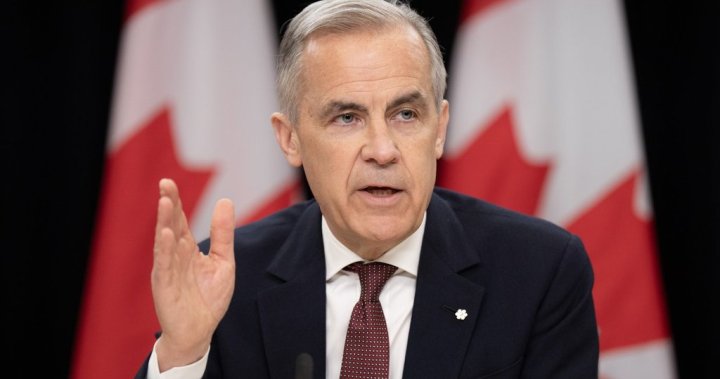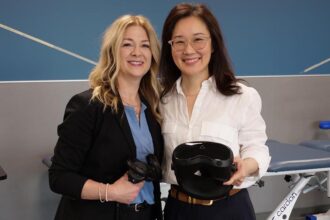In a bold yet contentious vision for Canada’s diplomatic future, former Bank of Canada governor Mark Carney has sparked fierce debate with his proposal to dramatically overhaul the country’s foreign service. The plan, which advocates for a merit-based recruitment system modeled after investment banking practices, has collided head-on with the Professional Association of Foreign Service Officers (PAFSO), who warn such changes could undermine decades of institutional expertise and diplomatic tradition.
Carney’s proposal, detailed in his recent book “Building a Better Future,” calls for sweeping reforms to transform Canada’s diplomatic corps into what he describes as a “high-performing organization.” The centerpiece of his vision includes a controversial shift to a Wall Street-style recruitment approach where diplomats would face regular performance evaluations with the lowest performers potentially facing dismissal – a stark departure from Canada’s current civil service model.
“What Mark Carney is proposing represents a fundamental misunderstanding of diplomatic work,” said Pamela Isfeld, president of PAFSO, in an exclusive interview with CO24. “Our foreign service officers build relationships over decades that serve Canadian interests. They aren’t quarterly sales targets that can be measured on a spreadsheet.”
The timing of this debate is particularly significant as Canada faces increasing global challenges. From managing complex relationships with China and the United States to navigating international climate negotiations and trade disputes, the role of Canadian diplomats has never been more critical in advancing national interests on the world stage.
Carney’s proposal includes lifting caps on diplomatic salaries to attract what he terms “top talent” from the private sector. The former central banker argues Canada needs to recruit individuals with specialized expertise in technology, finance, and strategic industries to better advance Canadian interests abroad. However, critics, including many within the diplomatic corps, contend this approach misunderstands the fundamental nature of diplomatic work.
“Foreign policy isn’t just about economic transactions,” noted Professor Roland Paris, international affairs expert at the University of Ottawa. “It requires cultural understanding, language skills, and relationship-building that develops over years, not financial quarter reporting periods. While modernization is always necessary, wholesale adoption of private sector models could prove counterproductive.”
The union representing Canada’s diplomats has expressed openness to incremental reforms but firmly rejects what they characterize as a wholesale importation of corporate practices. Current diplomatic recruitment already involves highly competitive examinations and rigorous selection processes that assess candidates’ language abilities, cultural awareness, and negotiation skills.
“We welcome discussion about strengthening our diplomatic corps,” Isfeld added, “but not at the expense of the institutional memory and continuity that makes effective diplomacy possible. The challenges we face abroad require steady hands and experienced voices.”
The debate over Carney’s proposal comes at a time when Canada’s political landscape is already focused on questions of government efficiency and international standing. Political analysts suggest this discussion reflects broader tensions between traditional public service values and increasing pressure to adopt private sector practices across government.
Diplomatic veterans point to recent international successes, including Canada’s navigation of complex NAFTA renegotiations and coordinated responses to global crises, as evidence that the current diplomatic corps maintains significant capabilities despite resource constraints.
As this political debate unfolds, the fundamental question remains: Can Canada enhance its global influence by importing corporate practices into its diplomatic corps, or would such changes undermine the very expertise and institutional knowledge that effective diplomacy requires? With Canada’s international standing and effectiveness at stake, how we answer this question may shape our foreign policy capabilities for decades to come.










